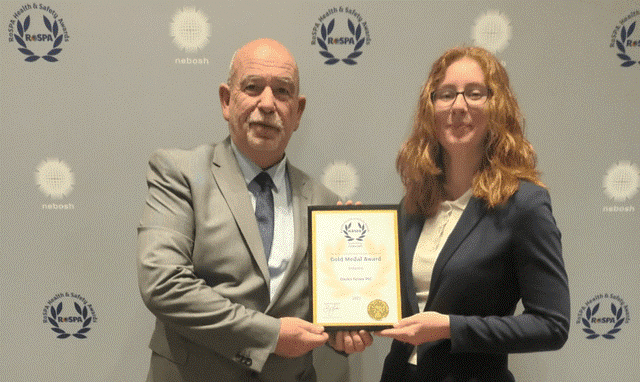Stefan Tärneberg, director of Solution Consulting at BluJay Solutions, predicts four supply chain job roles that will grow in the face of Brexit blues
Four in ten (39%) logistics professionals say trade uncertainty is the top barrier to supply chain innovation in their companies, according to the latest global research from BluJay Solutions. The findings suggest that geopolitical factors such as Brexit are holding companies back from investing in supply chain resilience and agility.
However, disruption caused by the Covid-19 pandemic may have led to a shift in mindset when it comes to disruption-preparedness. More than a third (34%) of logistics professionals believe their company will make significant or extreme changes to how it designs and operates the supply chain due to learnings from this year.
How is this likely to affect employment in the sector, during the Brexit chaos and beyond?
Stefan Tärneberg, Director of Solution Consulting at BluJay Solutions predicts that the supply chain sector will see a growing number of the following jobs in the next few years:
Customs officers and in-house customs teams
“Whether the UK crashes or cruises out of the EU, transporting goods across the border post-Brexit will become more time- and labour-intensive. Industry predictions estimate that UK companies will have to complete 400 million customs declarations a year post-Brexit. The UK currently imports 70% of all goods sold here, and we can expect globalised trade to remain a vital part of supply chain activity. So, having the correct skills and professionals in place to smooth the customs process will be essential to keep the supply chain running smoothly and minimising border delays.”
Logistics planners
“As we have seen through this year’s Covid-19 pandemic, leveraging resiliency and redundancy in the supply chain has been a make-or-break factor for businesses across sectors. Logistics planners are key employees to help businesses explore and assess new potential trade routes. They can help to scale up or scale down supply chain operations to match fluctuating demand, while minimising risk.
“For smaller businesses who can’t support full-time logistics staff in house, the digitalisation boom of the past years offers a solution. Logistics-as-a-service is now becoming much for common, growing out of the increasingly integrated and collaborative nature of partner trade networks.
Tech and ‘on-the-ground’ staff for collaborative delivery
“Many are predicting that following Brexit there will be a push for more protectionist trade policies, resulting at a ‘buy local’ imperative at the consumer level. More local specialised production means a more distributed supply chain. A new, collaborative model of logistics will need to develop to handle this larger number of points of supply, production, distribution, and most crucially – delivery.
“This could lead to a post-Brexit growth in roles both on the ground, as well as in tech teams which can coordinate the efforts of multiple logistics teams and hundreds of small suppliers.
The Chief Supply Chain Officer
“A growing number of companies now give the supply chain a seat at the table. Going forwards, we will see more organisations adopt this approach as the industry seeks to solve new supply chain challenges. Being able to deliver to customers on schedule throughout the inevitable Brexit disruption will be key to driving a competitive edge in any market.
“While the supply chain’s focus on minimising costs is clearly not going away, balancing this with maximising customer experience will be a must for those who want to stand out in a rapidly changing sector.”
BluJay’s global research 2020 found that 75 Percent of Companies Plan to Make Changes to Build More Resilient Supply Chains. A full report of findings can be found here: http://2020.supplychainresearch.info/
To stay up to date on the latest, trends, innovations, people news and company updates within the global trade and logistics market please register to receive our newsletter here.
Media contact
Rebecca Morpeth Spayne,
Editor, International Trade Magazine
Tel: +44 (0) 1622 823 922
Email: editor@intrademagazine.com





